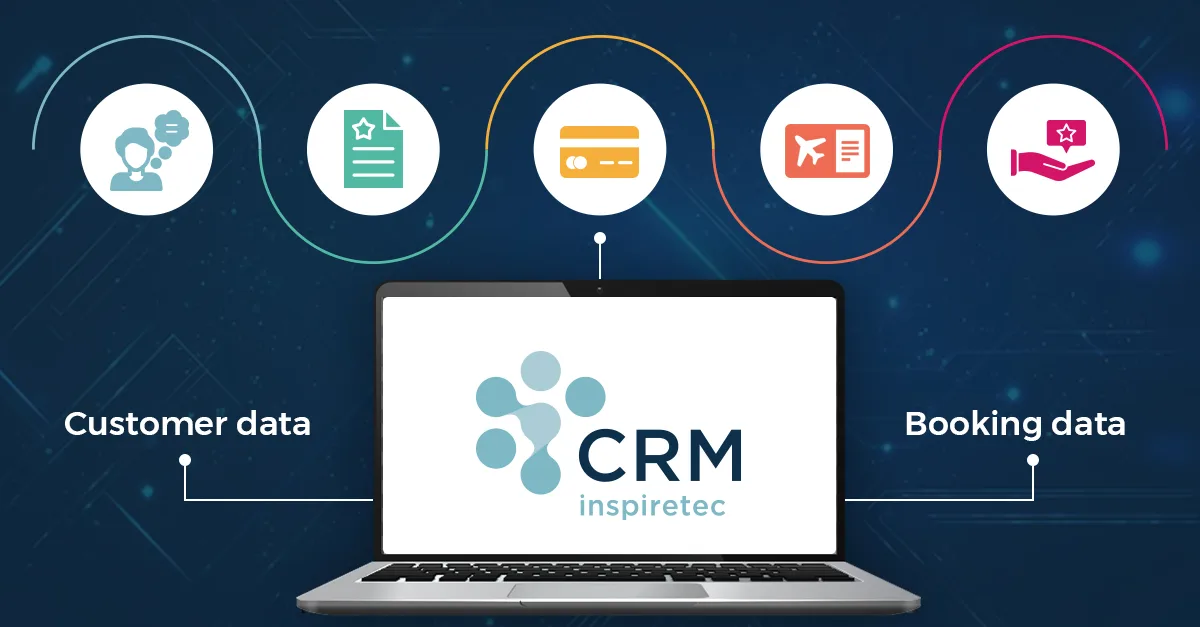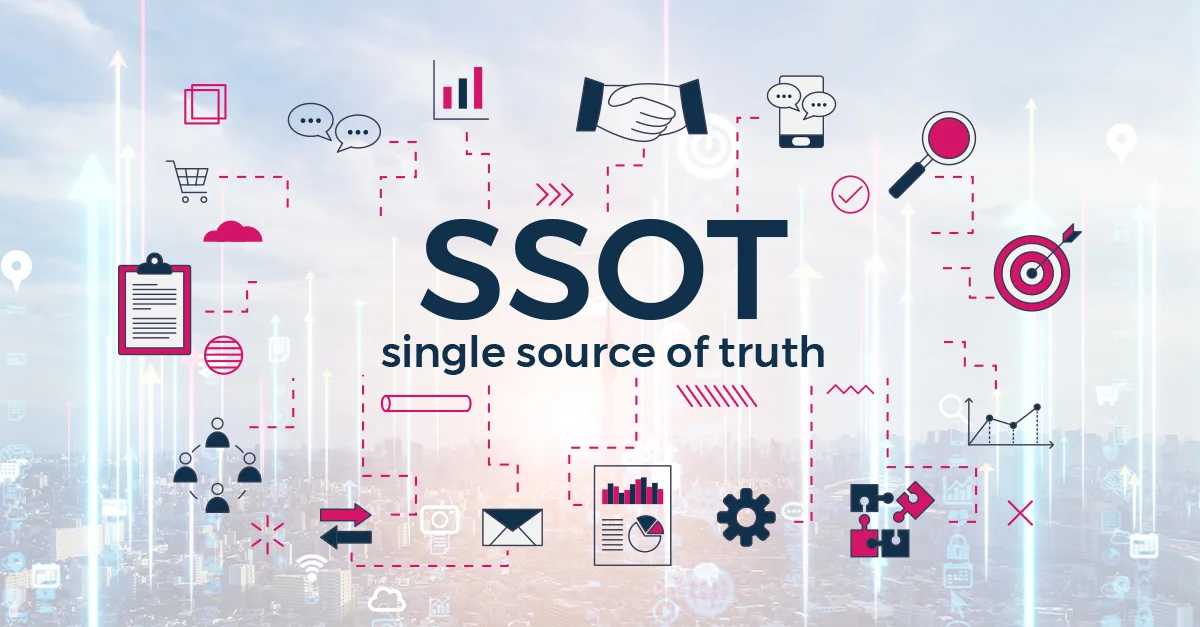No business wants unhappy customers, but complaints can actually be beneficial for the growth of your travel business if handled promptly. By shifting your mindset and treating complaints as opportunities for improvement – supported by the right travel technology – you can avoid future complaints and turn something negative into loyal customers who rebook time and time again.
Customer expectations are changing and consequently, offering a superior customer experience is becoming increasingly important in the travel industry. With widespread staffing challenges and the high cost of acquiring new customers five to ten times more expensive than retaining an existing customer (outboundengine.com), businesses that can create better customer loyalty will see their revenue grow.
Despite travel brands seeking to deliver over and above customer expectations, holidays are highly anticipated occasions that evoke emotions and even the slightest imperfection can quickly lead to frustration. Given the complex nature of the travel industry and the emotions of customers, it’s impossible to prevent complaints altogether, but it’s how you respond that’s key.
It’s easy to see why complaints are often viewed negatively. Research by Esteban Kolsky shows that 13% of dissatisfied customers will share their negative experiences with 15 or more people and in the age of social media, negative feedback can quickly spread, which can affect future bookings if action isn’t taken.
However, changing the perception of complaints is essential. Complaints are an important part of holistic customer relationship management, providing constructive opportunities for your team and company to grow. By listening to your customers, you can investigate issues and improve to prevent further complaints in the future.
Only 4% of unhappy customers complain directly to you (Esteban Kolsky), the rest simply won’t rebook. Any customer that complains should be treated as a valuable resource as they can give you helpful feedback that can be used to make improvements. Often other customers will have had a similar experience but may not have shared their thoughts. By addressing their feedback and resolving issues quickly, you are likely to make more than one customer happy.
A travel-specific CRM is a crucial tool for handling complaints and managing customer feedback. While Customer Relationship Management (or CRM) software is typically associated with sales or marketing, it can be used to define an effective customer engagement process. A CRM allows you to create a single view of the customer across all touchpoints, identify known problems, maximise complaints workflows, and proactively manage issues. A quick resolution of complaints followed up by customer satisfaction checks can turn negative feedback into brand advocates and loyal customers.
Well-handled complaints not only result in increased loyalty, but these customers are also willing to pay more. Harvard Business Review identified more than 400,000 customer service-related tweets sent to major airlines and then they followed up with a survey to see if the customer service they received impacted how they valued the brands.
The results were staggering. Customers who interacted with a brand’s customer service representative on Twitter were likely to pay over £8 more for a ticket on that airline in the future or choose that brand more often from comparably priced flights.
What can you do about most dissatisfied travellers that don’t complain directly?
Every travel business should request feedback from customers, which can be easily tracked, managed, and reported on with the help of a travel-specific CRM. Actively offering customers an opportunity to share their experiences will uncover opportunities, both positive and negative, that can inform future business strategies.
People want to book their holidays with businesses and agents that are trustworthy and care. Having an open channel of communication where customers can report problems has a positive impact on your brand reputation and shows you listen.
Complaints may seem like a negative aspect of running a travel business, but they can be a valuable resource for improvement and growth if handled correctly. By shifting your mindset and using a travel CRM, complaints can be turned into opportunities for enhancing the customer experience; creating loyal customers who not only want to rebook but will share their experiences with others.
Don't forget to share this post!
MADE FOR YOU



